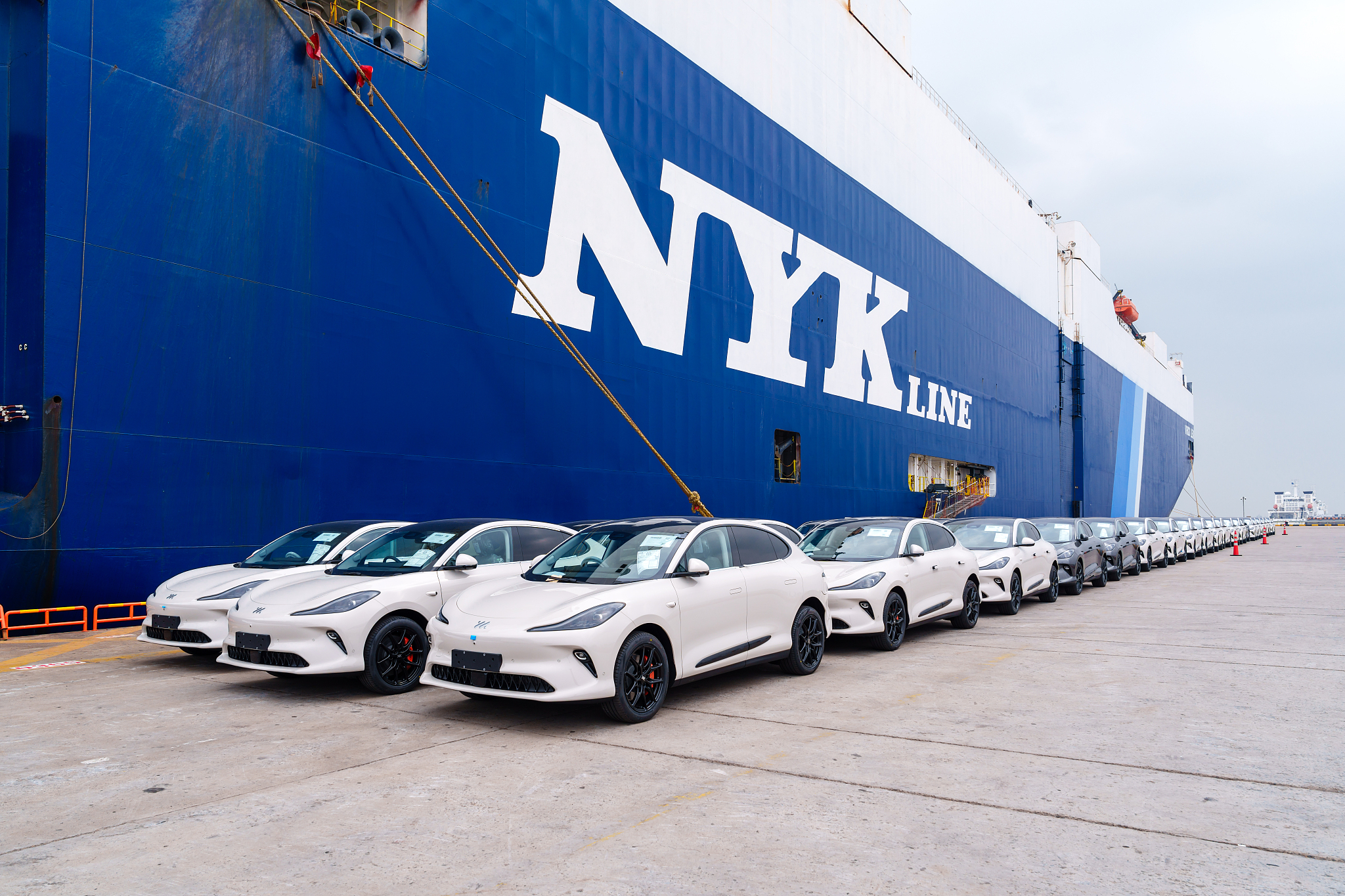
The overseas version of the new Zhiji LS6. named IM6. awaiting shipment to Thailand at the Shanghai Haitong International Dock on February 23. 2025. /CFP
Cognitive Leap of Transnational Governance
Compliance management is transforming from key components of cost to a type of competitive advantage.
A photovoltaic company has established a dual-circulation data center in the EU to isolate compliance data between its R&D center in China and its factory in Poland. This forward-looking layout enabled it to complete the supply chain reconstruction before the implementation of the carbon tariff policy.
WuXi Biologics has established a global quality traceability blockchain platform to transform drug production compliance records into trust certificates for opening up markets in developed countries.
The globalization process of Chinese private enterprises is essentially a creative combination of the market-oriented capabilities accumulated through reform and opening up with the new production factors of the digital age.
When FUYAO Glass achieved the integrated innovation of "machine vision + six sigma management" in its Dayton plant in the United States, and when NIO established a user community-driven R&D center in Berlin, these practices have redefined the global value of "Made in China". When we discuss key factors for long-term growth, such as technological innovation, brand building, and localized operations, we may also need to mention government policy support, such as the Belt and Road Initiative.
Future global competition will be not only about the output of products and capital but also about the global reconstruction of business paradigms and innovation ecosystems. In this process, grasping the balance between technological sovereignty and open cooperation and building cross-cultural organizational capabilities will become the key to private enterprises achieving sustainable global growth.
